From Meiji to Now: The Making of Modern Japan
VIEW EVENT DETAILS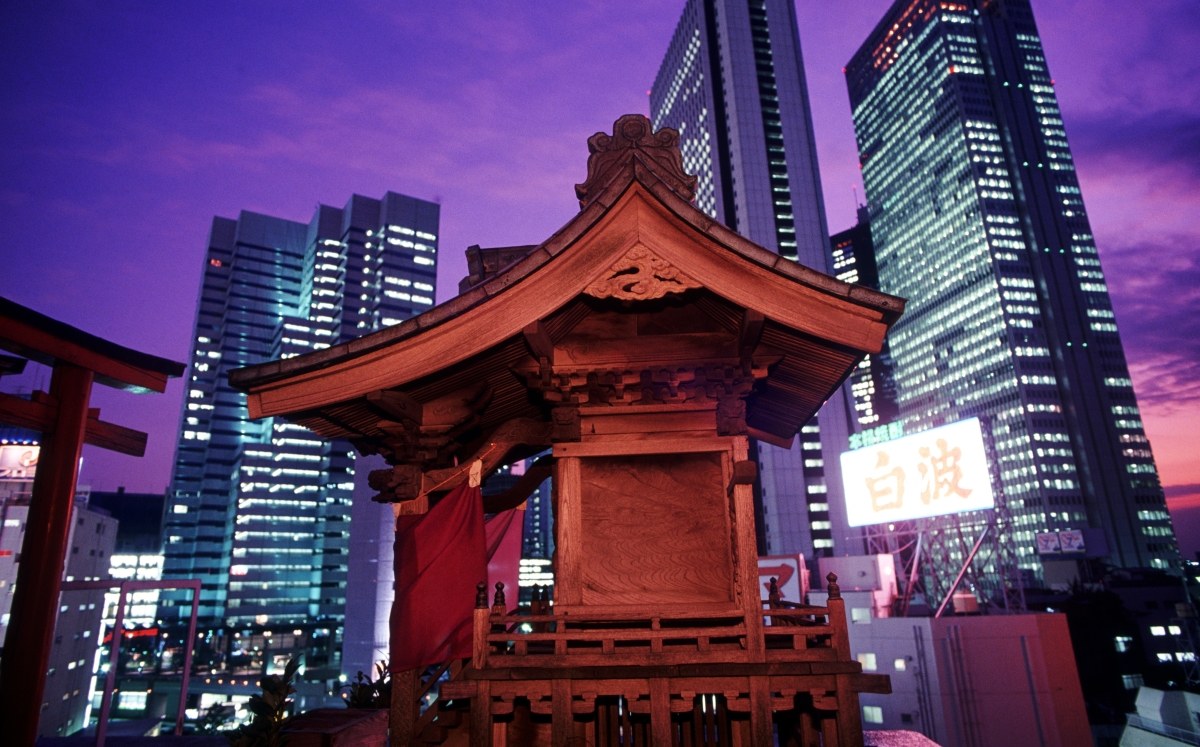
(B.S.P.I./Getty Images)
The significance of the Meiji Restoration, an important political period in Japanese history credited for ushering in an era of major political and social change continues to be debated extensively, more than a century and half on. As the third-largest economy in the world, Japan today is assuming an increasingly assertive role on the global stage and continues to undergo rapid changes, as it did during the Meiji era. This program will focus on the transformations in politics, society, and culture Japan experienced during the Meiji era and their relevance to the contemporary era; examine the parallels and continuity between the two periods of transformation; and explore their implications for the region as well as the wider world.
This program is associated with Asia Society’s Meiji Modern: Fifty Years of New Japan exhibition, which reevaluates a seminal era of turmoil, creativity, and transformation in Japan spanning the mid-nineteenth to early-twentieth centuries.
Opening Remarks
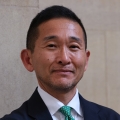
Dr. Yasufumi Nakamori is Director of Asia Society Museum and Vice President of Arts and Culture. He came to Asia Society from Tate, where he served as the Senior Curator, International Art (Photography). He led the development of Tate’s collection of photography as well as the strategy for representing photography in the program at Tate Modern, and from 2020 to 2022 he was a member of Tate’s Race Equality Task Force. Prior to Tate, he headed the department of photography and new media at the Minneapolis Institute of Art. He previously served as curator of photography at the Museum of Fine Arts, Houston from 2008 to 2016. He also taught graduate seminars focusing on the history of modern Japanese art and architecture at Rice University. He has authored numerous essays and four books, including Katsura: Picturing Modernism in Japanese Architecture, Photographs by Yasuhiro Ishimoto (2010). From 1995 to 2002, he practiced corporate law in New York City and Tokyo.
Speakers
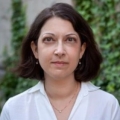
Dr. Chelsea Foxwell is Associate Professor of Art History, East Asian Languages and Civilizations, and the College, and Director, Center for East Asian Studies at the University of Chicago. Her scholarship ranges from the medieval through modern periods of Japanese art with special emphasis on the 19th and 20th centuries. She is the author of Making Modern Japanese-Style Painting: Kano Hōgai and the Search for Images (2015). In 2012 she co-curated the exhibition Awash in Color: French and Japanese Prints with Anne Leonard at the Smart Museum of Art. Her work focuses on Japan’s artistic interactions with the rest of East Asia and beyond, nihonga and yōga (Japanese oil painting); “export art” and the world’s fairs; practices of image circulation, exhibition, and display; and the relationship between image-making and the kabuki theater. She earned her B.A. from Harvard University and her M.A. and Ph.D. in art history from Columbia University. She has held visiting positions at Tokyo University, Tokyo University of the Arts, and Musashino Art University, and her research has been funded by the Fulbright Program, the Japan Foundation, the College Art Association, the Getty Research Institute, and others.
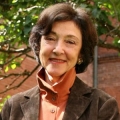
Dr. Carol Gluck is George Sansom Professor Emerita of History at Columbia University. She specializes in modern Japan, from the late nineteenth century to the present; international relations; World War II, and history-writing and public memory in Asia and the West. She received her B.A. from Wellesley and her Ph.D. from Columbia. She was visiting professor of History at Harvard University, Tokyo University, and l’École des Hautes Études en Science Sociales; visiting research associate at the Faculty of Law, Tokyo University; and fellow at Stanford and Princeton universities. She is a founding member and served as chair of Columbia’s Committee on Global thought. She served as President and member of the board of the Association of Asian Studies, presidential appointee to the Japan-U.S. Friendship Commission, and is currently a member of Board of Directors of the Japan Society and Co-chair of the Trustees Emeriti of the Asia Society. She is the author of several books, including Japan’s Modern Myths: Ideology in the Late Meiji Period. She is the recipient of the Order of the Rising Sun, Gold Rays with Neck Ribbon, awarded by the government of Japan, among other honors and awards throughout her distinguished career.
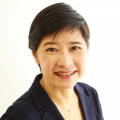
Dr. Takako Hikotani is a senior fellow with the Asia Society Policy Institute in Tokyo. She is a professor at Gakushuin University International Centre, and concurrently visiting professor at the School of Global Policy and Strategy, University of California at San Diego (Spring Semester 2022). From 2016 to 2021, she was the Gerald L. Curtis Associate Professor of Modern Japanese Politics and Foreign Policy at Columbia University. She has previously taught at the National Defense Academy of Japan, where she was an associate professor, and lectured at the Ground Self Defense Force and Air Self Defense Force Staff Colleges, and the National Institute for Defense Studies. She was a visiting professional specialist at Princeton University as Social Science Research Council/Abe Fellow (2010-2011), as well as a Suntory Foundation Torii Fellow (2000-2001), and Fellow of the U.S.-Japan Leadership Program, U.S.-Japan Foundation (2000-).
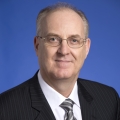
Dr. Paul Sheard is an economist and author of the Wall Street Journal bestseller The Power of Money. He was most recently a research fellow at the Mossavar-Rahmani Center for Business and Government at the Harvard Kennedy School. He was Vice Chairman of S&P Global, after serving as Executive Vice President and Chief Economist. He held chief economist positions at Standard & Poor’s Ratings Services, Nomura Securities and Lehman Brothers, and was Head of Japan Equity Investments at Baring Asset Management. He was on the faculty of the Australian National University and of Osaka University, and was a visiting assistant professor at Stanford University and foreign visiting scholar at the Bank of Japan. He served as a member of the World Economic Forum’s Global Future Council on the New Agenda for Fiscal and Monetary Policy, was a member of its Global Future Council on the New Economic Agenda (2018-2020) and Global Agenda Council on the International Monetary System (2010-2012). He was appointed twice, by Prime Minister Hashimoto and by Prime Minister Obuchi, to serve on committees of the Japanese Government’s Economic Deliberation Council. He is on the board of the Foreign Policy Association and is a member of the Bretton Woods Committee, the Council on Foreign Relations, and the Economic Club of New York. He served as a non-executive director of ORIX Corporation (2003-2010).

This program is part of Asia Society’s Global Year of Japan – a season of multidisciplinary programming dedicated to Japan, presented across Asia Society’s 16 centers in the United States, Asia and Europe.
For more information, please visit https://asiasociety.org/year-japan.
Event Details
Asia Society
725 Park Avenue
New York, NY 10021
